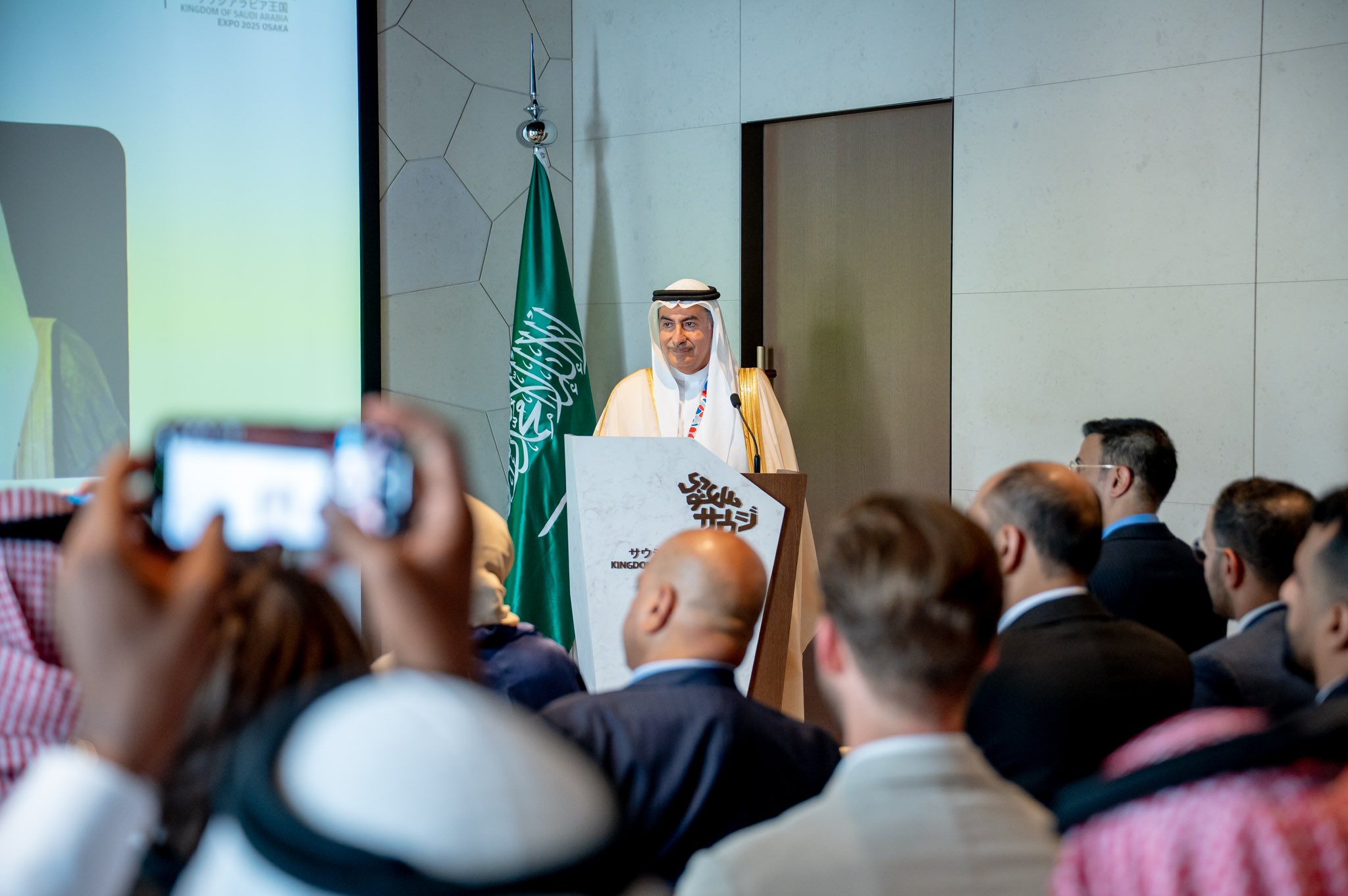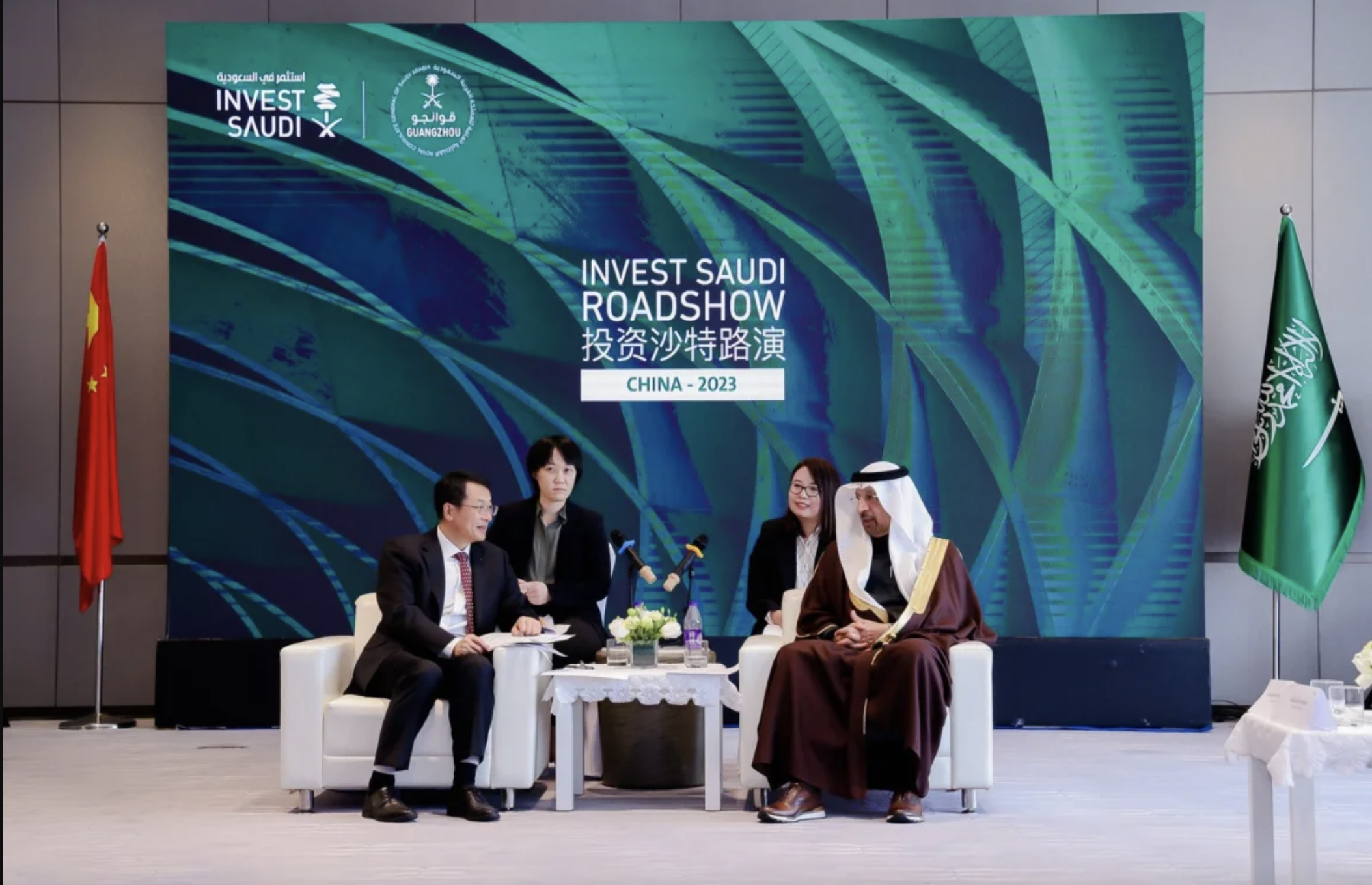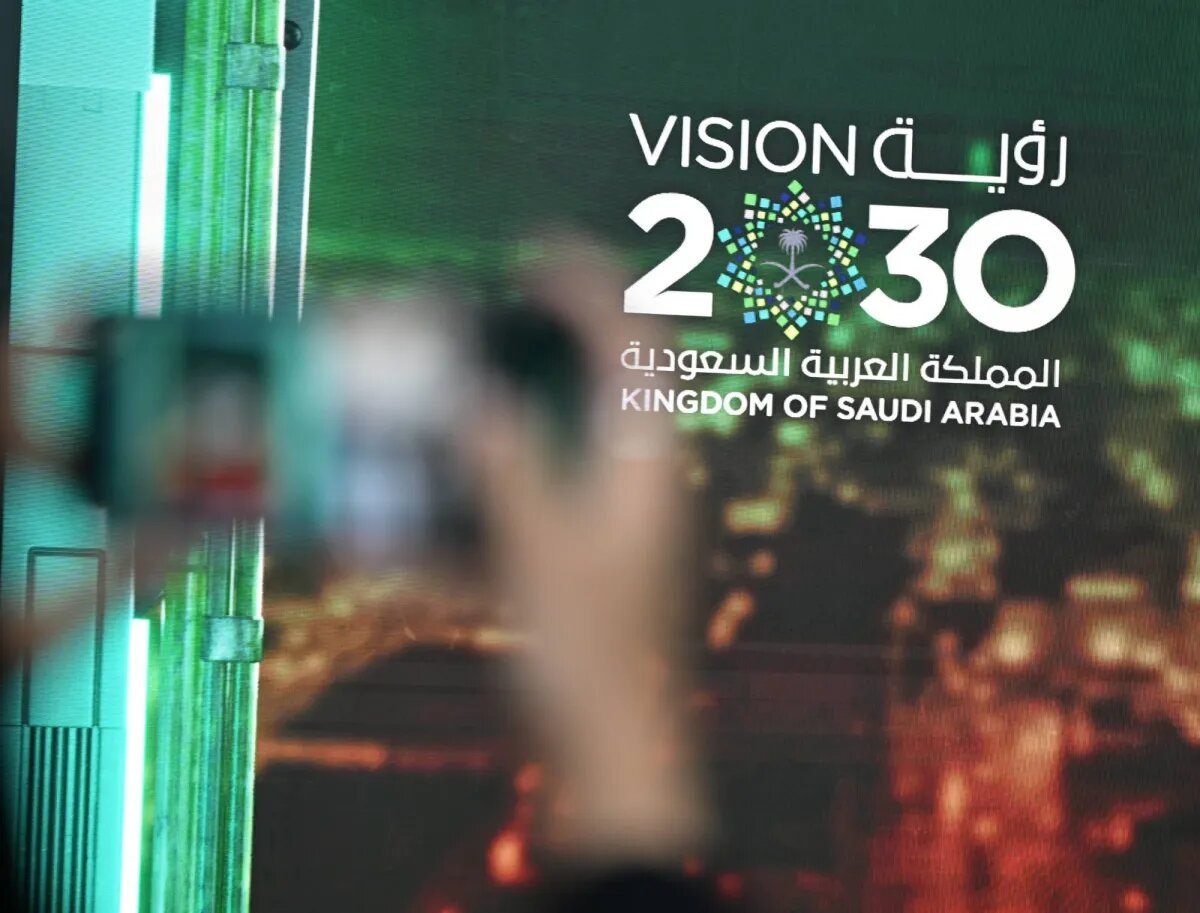Comprehensive Report on the Role of MIZA and "Motaded" in Facilitating Foreign Investment and Company Establishment in Saudi Arabia

Executive Summary
The Kingdom of Saudi Arabia is undergoing a profound economic transformation under Vision 2030, aiming to solidify its position as a global investment hub. This transformation seeks to diversify the economy away from oil dependence, attract significant foreign direct investment, and generally improve the business environment. The Kingdom has implemented extensive reforms, including a new investment law, to streamline procedures and ensure investor protection, making it an increasingly attractive destination for international capital.
In this context, the "Miza" platform (MIZA), an initiative by the Ministry of Investment (MISA), emerges as a vital digital platform. Miza functions as a comprehensive marketplace connecting foreign investors with a trusted network of private sector service providers across a wide range of essential business functions, from legal and financial consultations to human capital solutions. Its objective is to simplify the investor journey by providing centralized access to necessary support services.
Complementing this digital ecosystem, "Motaded" offers specialized business consultancy in Saudi Arabia, providing comprehensive and integrated support to foreign investors. It offers personalized guidance through the complexities of company formation, regulatory compliance, and operational setup. Motaded's deep local expertise and government relations are instrumental in navigating the practical challenges of market entry and ensuring smooth, compliant operations.
Both Miza and Motaded play synergistic roles in facilitating foreign investment. Miza provides the official digital infrastructure and a broad network of services, while Motaded offers the practical, tailored assistance needed to effectively leverage these resources. Together, they significantly simplify the legal, financial, and human capital aspects of establishing and managing businesses in Saudi Arabia, enabling foreign investors to capitalize on the Kingdom's growing opportunities.
Saudi Arabia's Strategic Vision for Foreign Investment
Vision 2030: Driving Economic Diversification and FDI Attraction
Saudi Arabia's Vision 2030 aims to transform the Kingdom into an "investment powerhouse" and a "global investment hub" by diversifying its economy away from oil dependence.
The strategy targets vital and promising economic sectors such as green energy, technology, healthcare, biotechnology, advanced mobility, logistics, tourism, and entertainment, with a strong focus on entrepreneurship and startups.
Ministry of Investment (MISA): Mandate, Objectives, and Role as Key Regulatory Body
The Ministry of Investment (MISA) is the central authority responsible for regulating, developing, and promoting domestic and foreign investment in the Kingdom, as well as protecting investor rights.
The Ministry is tasked with facilitating access to investment opportunities by developing a "reliable, robust, and business-friendly ecosystem," working across government to ensure investors and businesses are supported throughout their investment journey.
Key Reforms in Foreign Investment Law
The updated Investment Law came into force on February 12, 2025, introducing a unified investment framework applicable to both foreign and domestic investors, eliminating previous distinctions.
The law ensures fair and equitable treatment, protection against expropriation (except by final judicial ruling and with fair compensation), and affirms the right to transfer profits, returns, and liquidation proceeds abroad.
The shift from a "licensing" to a "registration" process under the new Investment Law, coupled with the allowance of 100% foreign ownership in most sectors, is not merely an administrative reform. It signifies a deep strategic intent by the government to enhance competitiveness and protect investor rights.
When considering the streamlined registration process, coupled with strong investor protections (safeguards against expropriation, right to transfer profits), explicit recognition of alternative dispute resolution mechanisms, and the array of tax incentives and special economic zones, it becomes clear that there is a deliberate strategy to comprehensively de-risk foreign investment. The government recognizes that attracting significant FDI requires more than just opportunities; it demands a predictable, fair, and financially attractive environment. These measures collectively aim to lower perceived legal and financial risks, thereby encouraging larger and more strategic investments.
Table 1: Key Reforms in Saudi Arabia's Foreign Investment Environment
| Feature | Previous System (Implicit/Pre-2025) | New Investment Law (Post-February 2025) |
|---|---|---|
| Foreign Ownership | Often required local sponsorship/limited ownership | 100% foreign ownership in most sectors |
| Investment Authorization | Traditional licensing process | Streamlined registration process |
| Investor Treatment | Potential discrimination | Fair and equal treatment |
| Dispute Resolution | Traditional court system | Alternative dispute resolution mechanisms (arbitration, mediation) |
| Capital Repatriation | Right to transfer profits (but perhaps less explicit) | Affirmed right to transfer profits and capital |
Overview of Common Legal Entities for Foreign Investors
Foreign investors have several options for legal structures, with the Limited Liability Company (LLC) being the most common and attractive due to its operational flexibility and limited shareholder liability.

Government Incentives and Special Economic Zones Designed to Attract Foreign Capital
Saudi Arabia offers various incentives, including tax benefits (e.g., no personal income tax, 20% corporate income tax on foreign entities, and withholding tax exemptions for regional headquarters).
A 30-year tax exemption package is offered to attract Regional Headquarters (RHQs) of companies.
Miza: The Official Digital Ecosystem for Investor Services
Purpose and Strategic Importance of Miza as a MISA Initiative
"Miza" is an initiative within the National Investment Strategy, aiming to "enrich the experience of our partners in the Kingdom of Opportunities."
Detailed Breakdown of Miza's Service Categories Relevant to Foreign Investors
Miza offers over 600 services from more than 300 service providers, categorized into 13 fields of expertise.
Legal, Tax, and Compliance: Includes patent registration, legal advisory, obtaining and issuing licenses and permits, local and international tax advisory, Zakat and Tax Procedures & Registrations, issuance of trade name certificates, preparation of documents for operational permits, issuance of commercial licenses, issuance of HRSD permits, and work and visit visa issuance.
2 Financial and Accounting: Covers accounting and bookkeeping services, facility billing and transactions, compliance with financial accounting systems regarding tax regulations, feasibility studies, insurance services, financial statement examination/review, banking services, and coordination of annual reporting.
2 Human Capital: Offers hiring services and training & development.
2 Business Support: Includes aftercare programs for ongoing investor support, regular check-ins, maintenance and renewal of business records, and strategic planning support.
2 Concierge and Logistics: Personal assistant services, transportation, courier services, and VIP airport assistance.
2 Real Estate and Relocation: Lease contract authentication, storage spaces, furniture moving and installation, real estate advisory, accommodation, design and furnishing, and office spaces.
2 Market Analysis: Regular market updates, industry-specific support, market analysis surveys, and consultancy in specific sectors.
2 Other categories include Marketing and PR, Networking and Events, Quality Education, and Information & Communication Technology.
2
The sheer volume of services (over 600) and service providers (over 300) listed on Miza
Table 2: Miza's Core Service Categories and Examples for Foreign Investors
| Service Category | Examples of Key Services Provided | Relevant Snippet IDs |
|---|---|---|
| Legal, Tax & Compliance | Legal advisory, license issuance, tax consultation, Zakat & Tax procedures, work & visit visa issuance | |
| Financial & Accounting | Accounting & bookkeeping, feasibility studies, banking services, financial statement review | |
| Human Capital | Hiring services, training & development | |
| Business Support | Aftercare programs, regular check-ins, business record maintenance | |
| Concierge & Logistics | Personal assistant, VIP airport assistance, transportation, courier | |
| Real Estate & Relocation | Office spaces, real estate advisory, lease contract authentication, accommodation | |
| Market Analysis | Regular market updates, industry-specific support, sectoral consultancy | |
| Marketing & PR | Public relations, graphic design, brand development | |
| Networking & Events | Event management, networking services | |
| Quality Education | Quality education services | |
| Information & Communication Technology | Cybersecurity management, software development, telecom & internet services |
How Miza Functions as a Platform Connecting Investors with a Diverse Network of Approved Private Sector Service Providers
Miza operates as an electronic gateway
Benefits for Investors Using Miza in Their Investment Journey
Miza simplifies the process of finding and interacting with essential business services by providing centralized access.
While not explicitly stated, the nature of Miza as a "governed electronic platform" facilitating "direct communication and reviews"
Motaded: A Specialized Partner for Seamless Market Entry and Operations

Motaded's Mission and Expertise in Guiding Foreign Investors
"Motaded" is a Saudi-based company whose mission is to "cut through the red tape of setting up a business in Saudi Arabia" and provide "hands-on support" to achieve business goals quickly and efficiently.
Comprehensive Scope of Business Setup Solutions Offered by Motaded
Motaded offers a full range of business setup solutions tailored to client needs, managing the entire process from initial planning to final execution.
Beyond the launch phase, Motaded continues to support operations with services such as HR and Saudization strategy development, financial and tax advisory, virtual office and administrative support, and market entry and business development consulting.
Table 3: Motaded's Comprehensive Business Setup and Support Services
| Service Phase | Examples of Key Services | Relevant Snippet IDs |
|---|---|---|
| Pre-Entry & Formation | Legal structure selection, feasibility studies | |
| Company Establishment & Licensing | MISA license acquisition, commercial registration, Articles of Association drafting, trade name reservation, permits | |
| Ongoing Operations & Compliance | Government Relations (PRO/GRO) services, document management, regulatory compliance | |
| Human Capital | HR & Saudization strategy, recruitment, visa processing, payroll management | |
| Financial & Advisory | Financial & tax advisory, corporate bank account setup |
Motaded's Deep Regulatory Knowledge and Government Relations (PRO/GRO Services)

Motaded explicitly offers Public Relations Officer (PRO) and Government Relations Officer (GRO) services, designed to "take the hassle out of dealing with government processes."
While Miza represents MISA's efforts to streamline processes digitally, Motaded's focus on "cutting through the red tape"
Beyond legal and administrative tasks, Motaded's services extend to "HR and Saudization strategy development"
In-Depth Analysis of Key Facilitation Services
A. Legal Support and Company Formation
Motaded's Role in Navigating the Legal Framework for Company Establishment
Motaded guides companies through the complexities of setting up operations, ensuring fast, compliant, and efficient company formation.
Guidance on Optimal Legal Entity Selection and Ensuring Compliance with Saudi Corporate Law
Motaded assists clients in selecting the appropriate legal structure, such as Limited Liability Company (LLC), One-Person LLC, Joint Stock Company (JSC), or Branch of a Foreign Company.
Assistance with Permits, Licenses, and Ongoing Regulatory Adherence
Motaded's PRO/GRO services handle all interactions with government bodies, ensuring a smooth and compliant business setup.
Addressing Foreign Ownership Regulations and Potential Restrictions in Specific Sectors
The new Investment Law allows 100% foreign ownership in many sectors
The new Investment Law's transition from a "licensing" to a "registration" process
The combination of 100% foreign ownership in most sectors
B. Funding and Financial Advisory
Motaded's Financial and Tax Advisory Services
Motaded offers financial and tax advisory services
Overview of Key Government and Quasi-Government Funding Entities in Saudi Arabia Relevant to Foreign Investors
Public Investment Fund (PIF): Saudi Arabia's sovereign wealth fund, a key driver of economic growth under Vision 2030. It invests through equity, loans, or guarantees, and by allocating public funds to specific projects. PIF provides medium and long-term loans to large-scale government and private industrial projects. It focuses on strategic sectors such as telecommunications, aerospace, energy, green technologies, and security, with a particular emphasis on housing finance, renewable energy, and information technology.
6 32 Saudi Industrial Development Fund (SIDF): Established in 1974, SIDF supports the private sector in various industrial fields, including manufacturing, energy, mining, and logistics.
33 33 34 Small and Medium Enterprises General Authority (Monsha'at): Focuses on supporting, developing, and nurturing the SME sector. Monsha'at offers a range of services including training programs (Monsha'at Academy), consultations (Nawafeth), discounted services (Mazaya), and support for fast-growing SMEs (Tomoh).
38 39 SME Bank: The Educational Sector Financing Program offered by SME Bank supports businesses looking to build or expand educational institutions, including private schools, training centers, and kindergartens. It provides flexible financing for both new projects and expansion of existing institutions, covering infrastructure development and operational costs, through partner banks.
40 Human Resources Development Fund (HRDF): Primarily focuses on supporting the employment of Saudis through salary subsidies
41 42
Table 4: Key Funding Sources and Their Focus Areas for Foreign Investors in Saudi Arabia
| Funding Entity | Primary Focus/Mandate | Type of Support | Relevant Snippet IDs |
|---|---|---|---|
| Public Investment Fund (PIF) | Strategic sectors, large-scale projects, economic diversification | Equity, loans, guarantees | |
| Saudi Industrial Development Fund (SIDF) | Industrial development, manufacturing, energy, mining, logistics, SME industrial projects | Loans, advisory | |
| Small and Medium Enterprises General Authority (Monsha'at) | SME support, entrepreneurship, training | Training, consultations, discounted services, potential indirect funding support | |
| SME Bank | Educational institutions | Loans | |
| Human Resources Development Fund (HRDF) | Saudi employment, training institutions | Salary subsidies, loans for training institutions |
The presence of major government funds like PIF and SIDF, alongside Monsha'at and SME Bank, indicates that the Saudi Arabian government is not merely attracting investment but actively shaping the economic landscape and de-risking specific strategic sectors for investors. PIF's focus on "new sectors" and "strategic partnerships"
Accessing government funding, such as the SIDF loan process
C. Recruitment and Human Capital Development
Motaded's Expertise in HR and Saudization Strategy Development
Motaded offers comprehensive HR services, including HR and Saudization strategy development.
Comprehensive Recruitment Services for Both Saudi and Expatriate Talent
Motaded provides integrated recruitment solutions to meet companies' needs for skilled professionals, offering full-cycle services including talent acquisition, job advertising, application management, candidate selection, and recruitment management.
Facilitation of Visa Processing, Residency Solutions, and Labor Law Compliance
Motaded handles visa processing and residency solutions for investors and staff.
Navigating Saudization (Nitaqat) Requirements and the Wage Protection System (WPS)
Motaded assists with compliance with Saudization regulations
Detailed Explanation of Government Incentives and Support Programs for Saudi Talent Employment
Human Resources Development Fund (HRDF): HRDF provides financial support for training, qualifying, and employing Saudi nationals in the private sector.
42 HRDF "Employment Support Product": Subsidizes a portion of employee wages.
41 41 41 HRDF also offers loans to training institutions and conducts studies to increase Saudi employment.
42 Other Government Programs:
Elite Graduate Program (e.g., Red Sea Global): Aims to create job opportunities for Saudi youth, prepare fresh graduates through on-the-job training, and transfer knowledge by working with international experts. Participants are full-time employees with salaries and benefits.
47 Tamheer Program: An on-the-job training program for university, institute, and college graduates, including those from foreign institutions, providing training in government institutions and leading companies.
48 Hadaf e-training platform: Provided by HRDF, it aims to enhance the skills and capabilities of the national workforce with job-related skills.
48 The government also facilitates the entry and residency of non-Saudi technical and administrative staff and their families to support foreign investment activities.
6
Table 5: Government Incentives and Support for Saudi Talent Employment
| Program/Initiative | Primary Objective | Key Features/Benefits for Employers | Relevant Snippet IDs |
|---|---|---|---|
| HRDF - Employment Support Product | Subsidize Saudi employee wages | Wage subsidy (e.g., 30-50% up to SAR 3,000/month for two years) | |
| Elite Graduate Program (e.g., Red Sea Global) | Create jobs, provide on-the-job training for graduates | Full-time employment with salary/benefits, mentorship | |
| Tamheer Program | On-the-job training for graduates | Training in leading companies and government institutions | |
| Hadaf e-training platform | Enhance national workforce skills | Free e-training programs |
While Saudization is often perceived as a "challenge" or "restriction"
Motaded's mention of managing government platforms like Muqeem, Qiwa, Social Insurance, and the Ministry of Commerce
Challenges and Strategic Recommendations for Foreign Investors
Identifying Common Challenges in the Saudi Market
Regulatory Complexity: Despite reforms, understanding and complying with local regulations, licensing procedures, and frequent policy changes remains a challenge due to varying rules across industries and language barriers.
27 Foreign Ownership Restrictions: Although largely liberalized, some strategic sectors (e.g., oil exploration, real estate in holy cities, certain media) may still be restricted or require local partnerships.
27 Saudization Compliance: The Nitaqat program mandates quotas for Saudi employment, which can be challenging due to potential shortages of skilled local professionals in some sectors and higher salary expectations.
27 Taxation and Zakat Compliance: Foreign entities are subject to 20% corporate income tax and withholding tax, requiring careful planning. Zakat, a religious levy, applies to Saudi and GCC companies, adding another layer of compliance.
13 Bureaucracy and Government Approvals: Delays in paperwork, approvals, and communication with government departments can impact timelines, despite efforts to streamline.
28 Cultural and Religious Sensitivities: Operating under Islamic law (Sharia) and adapting to local customs, social norms, and religious obligations (e.g., prayer times, Ramadan working hours) requires cultural awareness.
28 High Operational Costs: While Saudi Arabia is tax-friendly, businesses may face high operational costs such as commercial rents and healthcare/insurance costs for expatriate workers.
28
How Miza and Motaded Contribute to Mitigating These Challenges
Simplified Access to Services (Miza): Miza centralizes access to a vast network of approved private sector service providers
1 Expert Navigation and Practical Support (Motaded): Motaded's deep regulatory expertise, PRO/GRO services, and hands-on approach
3 28 Saudization Strategy and Incentives: Motaded assists with HR and Saudization strategy development, helping companies meet quotas and leverage government incentives like HRDF support.
3 Financial and Tax Compliance: Motaded's financial and tax advisory services ensure compliance with local tax regulations, including Zakat and the Wage Protection System (WPS), helping investors avoid penalties and optimize their financial operations.
3 Cultural and Operational Integration: Motaded's comprehensive support, extending to market entry consulting and ongoing operational assistance, helps foreign investors adapt to local business practices and cultural nuances.
3
Strategic Recommendations for Successful Market Entry, Operational Efficiency, and Long-Term Growth in Saudi Arabia
Leverage Official Platforms and Expert Consultants: Actively utilize Miza for broad service provider identification and general guidance, but pair this with specialized local consultancy like Motaded for practical navigation of complex processes, especially concerning legal, HR, and government relations.
Proactive Compliance Management: Stay updated on evolving regulations, particularly regarding Saudization and taxation. Engage legal and HR experts early to develop robust compliance strategies.
Strategic Talent Acquisition: Develop a comprehensive human capital strategy that integrates Saudization requirements with the need for specialized skills. Explore government incentives and training programs for Saudi nationals to optimize recruitment costs and foster local talent development.
Thorough Due Diligence and Feasibility Studies: Conduct detailed market analysis and feasibility studies, especially concerning capital requirements and operational costs, taking into account sector-specific nuances and potential restrictions.
Cultivate Local Partnerships (When Necessary): While 100% foreign ownership is common, consider strategic local partnerships in restricted sectors or to leverage local market insights and networks.
Embrace Digital Transformation: Utilize Saudi Arabia's digital government platforms (e.g., Qiwa, Mudad) for efficient operations, ensuring business processes align with digital compliance requirements.
Conclusion
Saudi Arabia's commitment to becoming a global investment powerhouse under Vision 2030 is unequivocally supported by a dual approach: the official digital ecosystem provided by "Miza" and the personalized, practical consultancy offered by "Motaded." Miza serves as a comprehensive digital gateway, centralizing access to a vast network of trusted private sector services, thereby enhancing transparency and discoverability for investors. Complementing this, Motaded acts as a crucial human interface, providing deep regulatory expertise, government liaison, and comprehensive operational support that navigates the remaining complexities and nuances of the Saudi business environment. Their combined efforts create a robust and supportive framework for foreign investors.
For foreign investors seeking to capitalize on Saudi Arabia's transformative economic landscape, a strategic approach is paramount. This involves not only identifying promising opportunities but also actively engaging with the established support infrastructure. By intelligently leveraging Miza for broad service access and partnering with a specialized firm like Motaded for practical on-the-ground execution and compliance, investors can significantly mitigate risks, accelerate market entry, and ensure sustainable growth. The Kingdom's proactive reforms, coupled with comprehensive support from entities like Miza and Motaded, position Saudi Arabia as an increasingly attractive and navigable destination for global capital.
